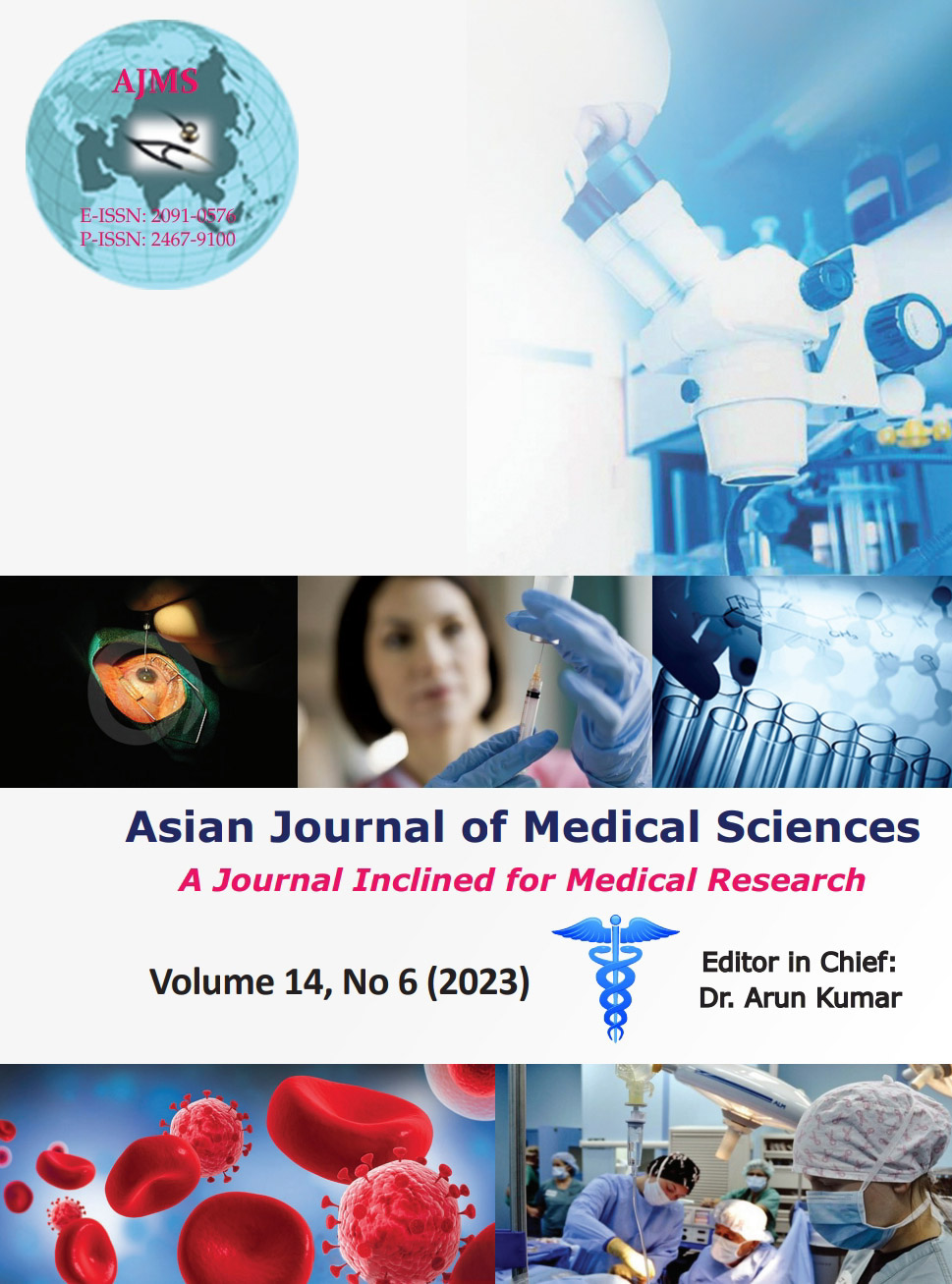Psychological assessment using DASS-21 and association of sociodemographic variables with mental health in health-care professionals and general population during COVID-19 pandemic
Keywords:
COVID-19; Depression anxiety stress-scale-21; Health-care professionals; CommunityAbstract
Background: Millions of people have been impacted by COVID-19 pandemic globally. COVID-19 pandemic has descended people to the realms of uncertainty and isolation which surprisingly are associated with mental distress. Depression, anxiety and stress are one of the prominent psychological factors that might have been significantly impacted by the ongoing pandemic.
Aims and Objectives: The present study was conducted predominantly with the aim of assessing psychological impact by COVID-19 in health-care professionals (HCPs) as well as in general population.
Materials and Methods: The present study was an observational study conducted in Sher-i-Kashmir Institute of Medical Sciences, Soura, a tertiary level teaching hospital in Union territory of Jammu and Kashmir, India. A total of 250 participants comprising both HCPs and general population were included in the study. Depression, anxiety, stress-scale-21 questionnaire, a validated instrument, was used to assess the depression, anxiety, and stress levels among the participants. Informed consent was taken individually for volunteering in the study and participants were required to fill the questionnaire as per the directed instructions.
Results: Out of 250 participants, 54.8%, 68%, and 34.4% were found to have depression, anxiety, and stress, respectively. The prevalence of severe and extremely severe depression corresponded to 9.9% and 6.8% of HCPs, respectively. Severe and extremely severe anxiety existed in 14.9% and 21.1% of HCPs, respectively, followed by 7.5% and 1.2% severe stress and extremely severe stress percentages. About 11.2% and 7.9% participants in community experienced severe and extremely severe depression, respectively. Although 19.1% and 21.3% values corresponded to severe and extremely severe anxiety in community, 5% participants were found to have severe stress, and 4 % had extremely severe stress. A significant positive correlation existed between the levels of depression, anxiety, and stress. No statistically significant association was found between DAS scores and demographic variables except anxiety scores which showed a statistically significant association with HCPs especially nurses, students, and doctors.
Conclusion: The findings from this study highlight high prevalence of depression, anxiety and stress experienced during COVID-19 pandemic by all participants. Anxiety in comparison to depression and stress was found to be experienced by majority of participants. Anxiety levels were prominent in nurses, students, and doctors among HCPs.
Downloads
Downloads
Published
How to Cite
Issue
Section
License
Copyright (c) 2023 Asian Journal of Medical Sciences

This work is licensed under a Creative Commons Attribution-NonCommercial 4.0 International License.
Authors who publish with this journal agree to the following terms:
- The journal holds copyright and publishes the work under a Creative Commons CC-BY-NC license that permits use, distribution and reprduction in any medium, provided the original work is properly cited and is not used for commercial purposes. The journal should be recognised as the original publisher of this work.
- Authors are able to enter into separate, additional contractual arrangements for the non-exclusive distribution of the journal's published version of the work (e.g., post it to an institutional repository or publish it in a book), with an acknowledgement of its initial publication in this journal.
- Authors are permitted and encouraged to post their work online (e.g., in institutional repositories or on their website) prior to and during the submission process, as it can lead to productive exchanges, as well as earlier and greater citation of published work (See The Effect of Open Access).




